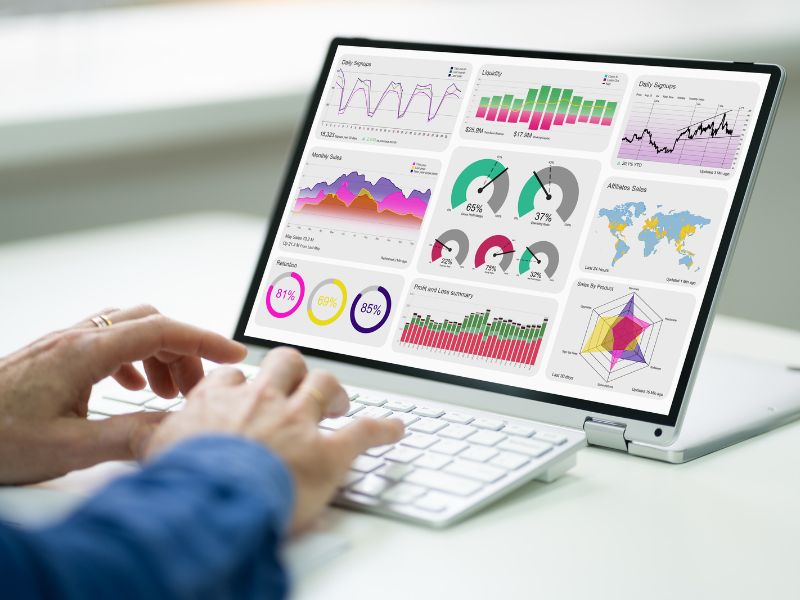What is a CRM System and Why Use Them?
I’m sure you’ve probably come across the term CRM system before. Do you know what it actually stands for, and how businesses utilise it?
Well, CRM stands for Customer Relationship Management. It’s basically a technology-driven system or software that helps businesses effectively manage their interactions, with both existing customers and potential ones. The main goal of implementing a CRM system is to enhance customer relationships and streamline aspects of customer interactions, ultimately resulting in customer satisfaction, increased sales and long-lasting client loyalty.
A typical CRM system encompasses a range of features and functionalities that support aspects of managing customer relationships.
Typical CRM features include;
1. Contact Management; This feature allows businesses to efficiently store and organise customer information such as contact details, communication history and communication preferences.
2. Sales Management; CRM systems often provide tools that assist in managing the sales pipeline by tracking leads, opportunities and sales activities. This empowers sales teams to prioritise their efforts effectively, and close deals efficiently.
3. Marketing Automation; By integrating marketing automation tools into a CRM system, businesses can streamline their marketing campaigns, track customer responses and evaluate the effectiveness of their marketing efforts.
Overall, implementing a CRM system can greatly benefit businesses by enhancing their ability to build relationships with customers, while also optimising various business processes related to sales and marketing.
CRM systems have a role in ensuring prompt and personalised customer support by keeping track of customer inquiries, complaints and requests. This enables businesses to provide tailored assistance based on customer needs.
Another benefit of CRM systems is their ability to generate insights by analysing customer data. By understanding a client’s capabilities, needs and requirements through reporting features, businesses gain an understanding of customer behaviour trends via performance indicators.
To Summarise a CRM System
To summarise, Customer Relationship Management (CRM) involves technology-driven solutions or software that helps businesses manage interactions with potential customers. The main objective is to enhance relationships by streamlining aspects of interactions such as contact management, sales management, marketing automation, customer service, support and analytics.
Furthermore, CRM systems can seamlessly integrate with business tools like email clients, calendars, productivity software and more. This integration promotes a more efficient workflow within the business.
Overall, utilising a Customer Relationship Management system brings huge benefits to both the business and its customers. For instance, it contributes to boosting customer loyalty, enhancing sales results and streamlining customer support to enable better service for its customers.
By employing a CRM system, companies can foster better connections with their customers, and gain greater insights into their requirements, therefore customising their offerings accordingly. As a consequence of these benefits, CRM systems have become vital tools for businesses of every size and scale in many industries.
About CRMs and New Targets
Over the years we have developed a number of CRMs to work with a wide range of customers in many different industries. We have found that most businesses whilst all reaching for the same goals, see the world and how to conquer it, very differently.
Agreed, many of the off-the-shelf options out in the marketplace are very comprehensive in the features they provide. However, we have found that keeping things simple and not getting companies to overinvest in features making it a burden for all staff members to maintain, works best.
Always happy to chat!


